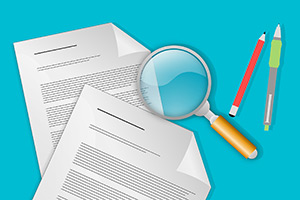My Comedy Career: Nancy Harris
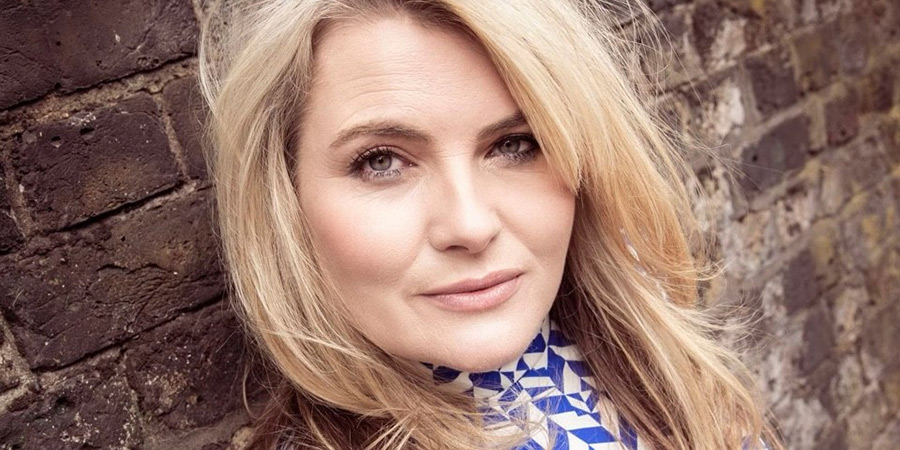
As comedy drama The Dry return to ITVX for a second series, we get some great insight and advice on comedy writing from creator Nancy Harris.
Tell us what you do in your job.
I am a playwright and screenwriter and I created and wrote a comedy drama series The Dry (made by Element Pictures) about a recovering alcoholic who moves back from London to live with her family in Dublin, only to realise that they all have massive problems of their own.
Are there any misconceptions as to what you do?
I think one of the misconceptions I've come up against is the idea that comedy writing is all gags, gags, gags. I love how a lot of contemporary comedy walks the line between comedy and tragedy, for me that's what makes it so rich. I love sitcoms too, of course, but I also appreciate that comedy has evolved to tackle serious, tough, sometimes very difficult subjects in funny and confronting ways.
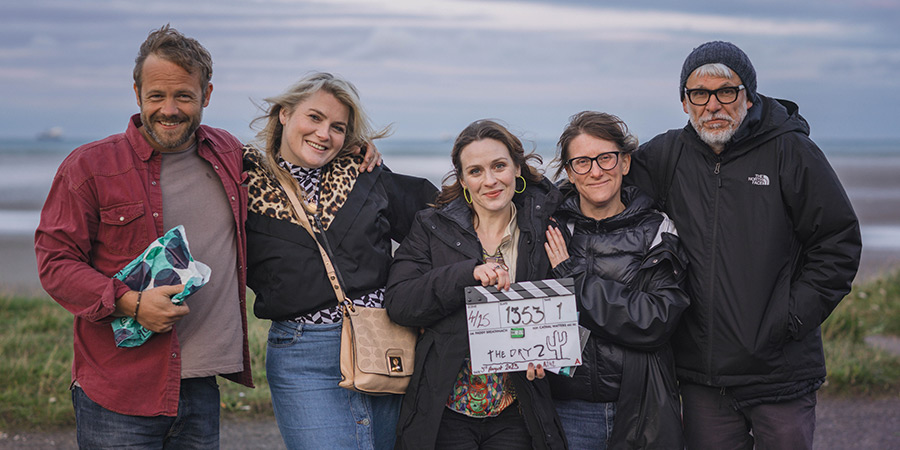
How did you first get involved in the comedy industry?
I got involved through playwriting. Though the plays I write are not necessarily all comedies at all.
It was through having plays on at the Bush and Gate in London, and the Abbey theatre in Dublin, that TV producers became aware of my writing. I had a meeting with Emma Norton, the now executive producer of The Dry, after my first play in Dublin. I was on my way to my cousin's wedding at the time and arrived wearing these ridiculous false eyelashes that kept falling into a bowl of chicken wings we were sharing. And she said to me "I was going to see if you'd like to write a ghost story but now I've met you, I think maybe... comedy?" So I guess she thought I was the comedy.
What key skills do you need to be able to do your job well?
Perseverance, resilience and a great sense of humour. Not just to write comedy but to survive. Sometimes things happen fast, but in my experience everything takes longer than you think. There's a lot of rejection in this industry that's not personal, but it can be hard to take. You need the resilience to withstand it.
The Dry took 6 years to get made. It wasn't the first idea I came up with for Element. I had been working with them on a different project for a few years before I even pitched The Dry. But by then, we had established a great working relationship, so I felt I could just write really honestly and from my heart. Being able to write with honesty and freedom is essential to writing well.
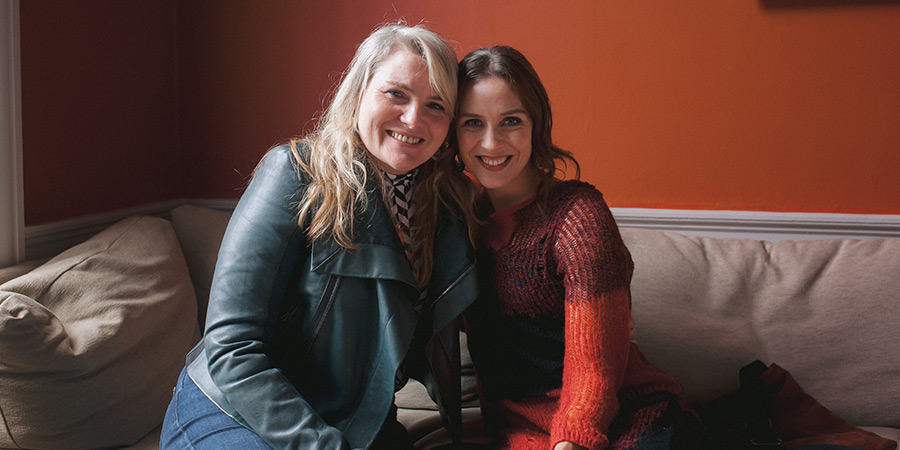
What has been your biggest career achievement to date?
Getting The Dry made. I wrote the original pitch for RTE in Ireland in 2015 but we needed a UK co-producer and we didn't get that until 2021. So a long six years.
For a time there, it felt totally impossible - especially in terms of getting interest from the UK. It was Irish (this was pre Normal People, Young Offenders days), it was about addiction (- I think it's about a lot of other things too, but that seemed to be a challenge.)
People kept saying things like 'We already have a show with a troubled woman in her 30s, sorry.' It didn't matter that The Dry was also very clearly a show about a family, with five POV's. But that's something that happens to women creators a lot, your work gets pigeonholed into the 'troubled woman' category. Doesn't happen to men so much. (Hello literally every troubled middle aged male detective of the last 30 odd years!)
But I knew it had its own original voice and that there were things I wanted to say, that I hadn't seen said this way before. I was also lucky I had a producer and a production company who never gave up on it. And in the end we found a fantastic home with Britbox/ITV -and the most amazing cast and director in Paddy Breathnach, so I'm very glad it happened when it did.
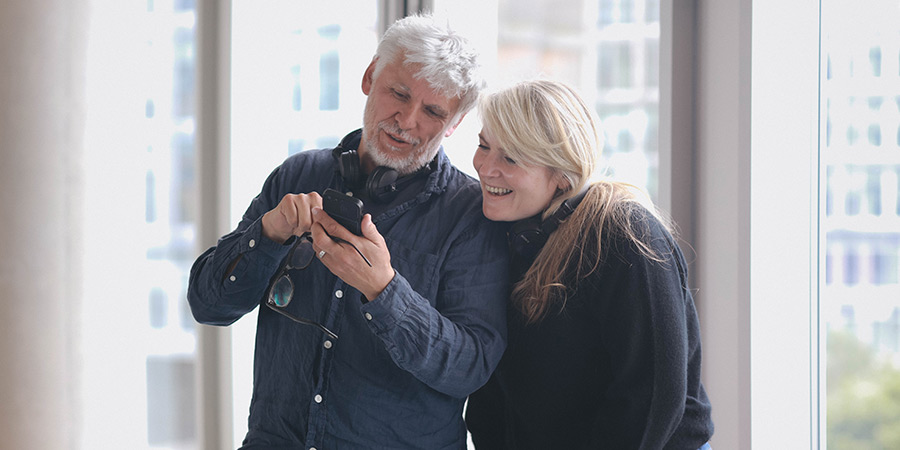
And what has been the biggest challenge/disappointment?
I think a challenge I've had as a writer when I've worked in television generally, has been writing in writers' rooms where I don't think I was a good fit for the show. That can be very soul destroying. I've worked on a few shows that had brilliant lead writers, where the writers' room was generous and creative and I learnt a huge amount. And then I've worked on a couple that weren't great and that can really affect your confidence.
I overcame that adversity by going back to my own voice and the things I really wanted to say. Your own voice is what's important as a writer - not writing like other people. So although writing on established shows can feel like a great way into the industry - and it can be, it gives you experience and money which we all need - it's important to remember that if you want to write and create your own stuff, your own voice is the most valuable thing. And you must protect that at all costs. And sometimes that might mean walking away from a paycheque or something that looks good on paper.
Tell us a trick/secret/resource that you use to make your job quicker/easier.
The only secret I have is to go back and watch things that I really admire. Because that reinvigorates your creativity when you're stuck in the day to day of trying to write a script, and you've been facing a lot of rejection and you just want to curl up in a ball. Watching those films or shows or plays that made you want to do this in the first place. Or listening to podcasts with people that you really admire talking about how they did it - things like that are my hacks because they quickly reignite the creative spirit and make me remember every writer worth their salt has had to graft for it. Oh, and the Scriptnotes podcast is very good. It's American but there's lots of great stuff on it.
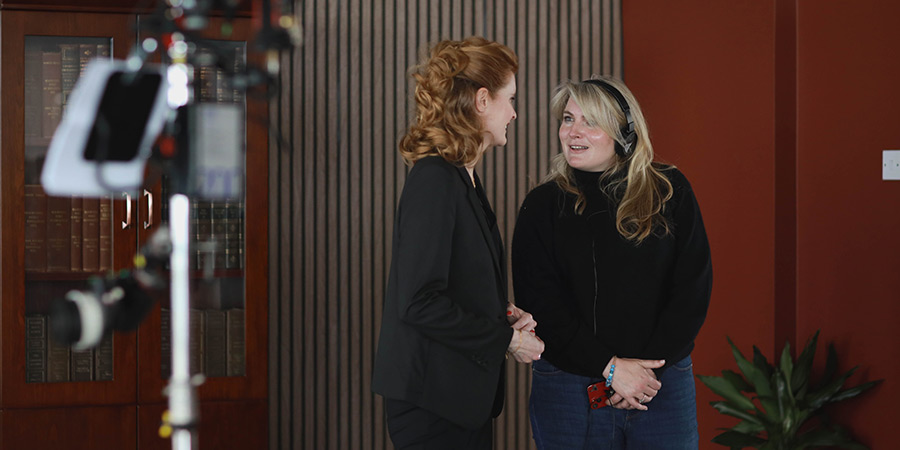
If you could change one thing about the comedy industry, what would it be?
Thankfully, we're hearing from more women in comedy but I think there could be a lot more diversity especially in the TV comedy series arena. I'd like to see that change.
What tips would you give for anyone looking to work in your area of the industry?
You need to keep writing obviously - any way you can, sometimes easier said than done. And you need to read scripts, lots of them to hone your craft. For anyone coming up I would say: enter every single competition, enter every open call looking for scripts that you can (BBC Writers is a good resource).
Don't be snobbish and think something is beneath you and don't be fearful and think you're not good enough. Just get your work out there as widely and as much as possible.
And get to any free industry events or talks or festivals in your area or anywhere, because it's a way to meet people - either people who are trying to do what you're doing (and friends are good!) but also producers, commissioners, potential future collaborators etc. You just don't know who will be there.
And remember your particular view on the world is what is going to make your work stand out - so don't be afraid of that. The weirder the better. Producers and production companies need you more than you need them in many ways. But you have to let them find you by getting your work out there. And keep writing writing writing.
All episodes of Series 2 of The Dry are available on ITVX now.
This article is provided for free as part of BCG Pro.
Subscribe now for exclusive features, insight, learning materials, opportunities and other services for comedy creators.


